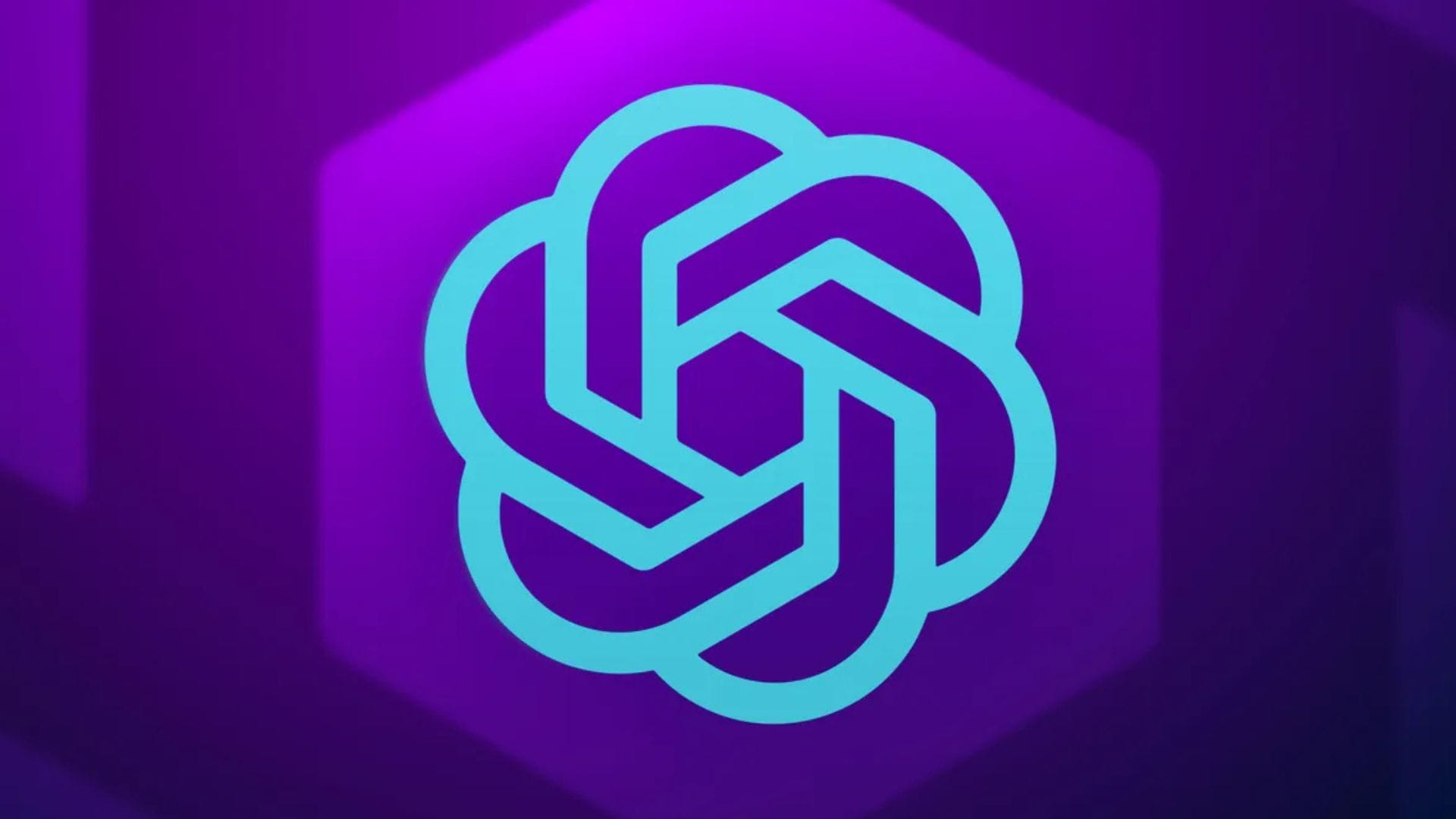OpenAI unveils a refreshed brand identity
OpenAI has unveiled a new logo, typeface, and colour palette, aiming for a more human touch in its design while blending AI with creativity.

OpenAI has introduced a complete rebrand featuring a redesigned logo, a new typeface, and an updated colour palette. In an interview with Wallpaper, the company shared insights into the creative process behind these changes. While the alterations to the logo may seem subtle at first glance, a side-by-side comparison reveals a slightly larger space in the centre of the iconic “blossom” symbol, along with cleaner, more refined lines.
A more human touch in design
OpenAI CEO Sam Altman and co-founder Ilya Sutskever crafted the original logo. However, this time, an in-house design team led by Veit Moeller and Shannon Jager took charge, aiming to create a brand identity that feels “more organic and more human,” according to Wallpaper.
A key part of the rebrand is OpenAI’s new custom typeface, OpenAI Sans. The company describes it as a balance of geometric precision and functional design with a rounded and approachable character. The OpenAI wordmark now features an “O” with a perfectly circular exterior and a slightly irregular interior, a deliberate design choice to counteract robotic uniformity and introduce a more natural feel.
The role of AI in the redesign
Despite OpenAI’s expertise in AI-powered tools like ChatGPT and DALL·E, the company did not rely on them to create the new branding. Moeller told Wallpaper that AI was only used to help calculate type weights rather than directly designing elements.
“We collaborate with leading experts in photography, typography, motion, and spatial design while integrating AI tools like DALL·E, ChatGPT, and Sora as thought partners,” OpenAI’s design team explained. “This dual approach — where human intuition meets AI’s generative potential — allows us to craft a brand that is not just innovative, but profoundly human.”
















